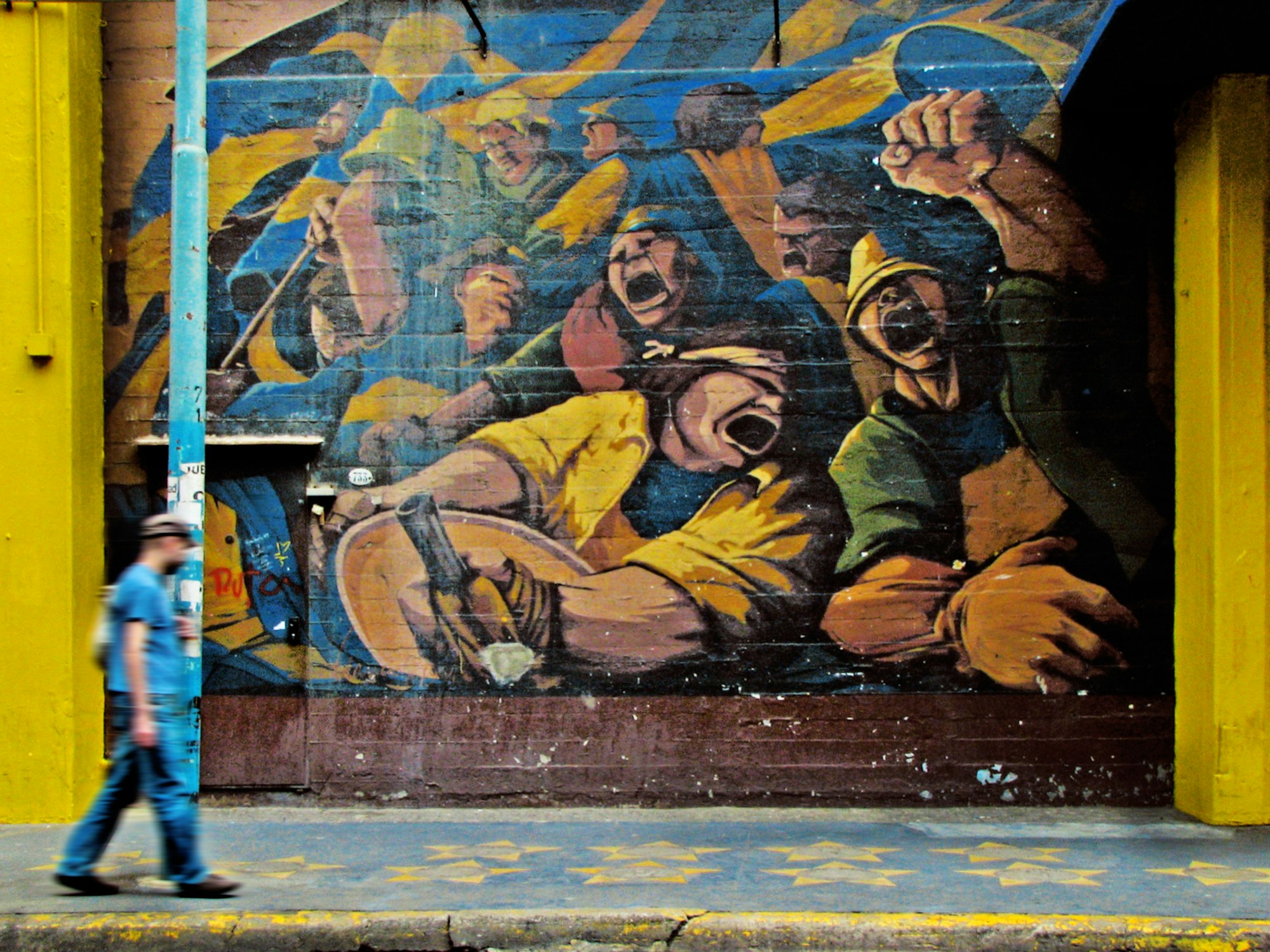As long as our civilization is essentially one of property, of fences, of exclusiveness, it will be mocked by delusions. Our riches will leave us sick; there will be bitterness in our laughter, and our wine will burn our mouth. Only that good profits which we can taste with all doors open, and which serves all men.
― Ralph Waldo Emerson, Napoleon; Man of the World
Nearly a fifth of the twenty-first century has already passed, turning bright hopes into sad facts, a springtime whose buds never bloomed, but withered in the heat of an early summer. Regardless of age, we quickened and lively humans have all been born, or else reborn, as children of the third millennium, or depending on one’s perspective, the fourteen millionth millennium.
But even the overwhelming scope and immense age of the universe cannot eclipse our own, verily human perspective, which is more real to us than all of the mathematical descriptions of physical reality. And in this sense, we live in the third millennium, having both survived and celebrated twenty centuries since a set of ideals took hold of a tiny minority of people who looked upon the utter chaos, perfidy, and sleaze of a mighty empire clawing at power and wealth without compunction and preferred to be devoured by lions than to participate and benefit from it themselves.
The underlying facts of why they did this, or the stories that inspired them to do so are for our purposes here a matter of gossip, of idle speculation, arcane apology, and senseless discussion, the sort of thing one should discuss only after the excessive imbibing of wine.
For such speculation serves as a distraction, perhaps welcomed, from the convicting reality that at the height of imperial power, amidst the greatest concentration of wealth the world had ever seen, and with so much to gain from it personally if only they submitted to its few and apparently minor demands, chose instead to be chewed alive by ravenous animals for the entertainment of those who had chosen otherwise. This they did not for a generation, but for more than two centuries before public opinion had finally earned them a reprieve.
To conclude that all such people had gone mad, or were simply foolish enough to accept a set of supposed miracles as concrete, literal facts, and for this they permitted themselves, their friends, their families to be slaughtered, would be among the most unusual of conclusions, the province of fantasy fiction or shameless caricature.
The simpler explanation, but more painful to accept, is that at the beginning of our first millennium, as in so many periods of human history, a group of people enmeshed in a society and culture were inspired to look around with a heightened degree of conscience and decided that whatever the cost of separating themselves and their fortunes from the social, political, and economic system into which they were born, it would be preferable to living each day with the guilt of continuing business as usual.
The set of ideals they embraced with the totality of spirit, mind, and body have become what we consider to be universal ideals, and toward which, for the past two millennia, a significant proportion of humanity has claimed it had organized its society. By so many measures, our world has been transformed by these ideals, even though they have ceased in many cases to be linked with their origins. This should not matter to anyone, for substance always triumphs over form.
These ideals have been more or less vigorously defended by the very people who have worn the labels of the origin. Too often, painfully too often in fact, those wearing the label have struck a monstrous opposition to the ideals they claim are their own:
The equality of people, regardless of gender-”there is neither male nor female”;
The equality of people, regardless of race--”there is neither Jew nor Greek”;
The equality of people, regardless of what they have done to you--”turn the other cheek”;
The equality of people, just because they are people--”love your neighbor as yourself”;
